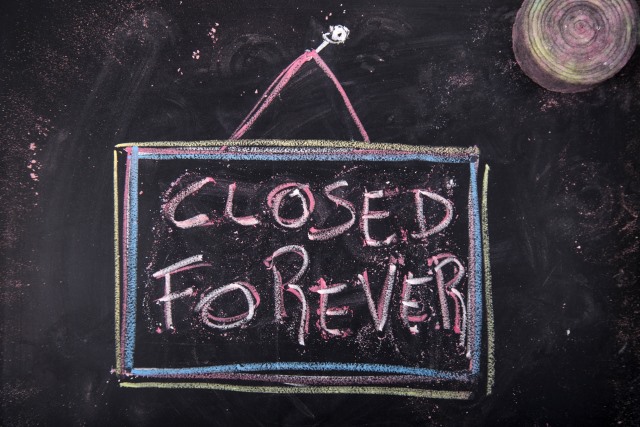An open letter to the IoT community: Lessons learned from the Revolv shutdown

Over the last month, Nest has been under a lot of scrutiny over their decision to shut down Revolv, as made famous by a viral Medium post earlier in April. The discussion around this issue raises an important question: what are IoT companies' obligations to their customers?
If you make a hardware product that is connected to the internet and relies on a web service for its operation (i.e. an Internet of Things product), you’ll likely see that reliance as an asset. "We have an ongoing relationship with our customers", you might say. "We can improve the product's functionality, we can deliver new features, we can fix bugs, and we can generate customer insights to make the product better over time". This feels like a win for both your company and for your customers.
But you must also recognize that this ongoing connection is also a liability. You are obligated -- either legally in your Terms of Service or at least in the minds of your customers -- to maintain the functionality of the product for a reasonable amount of time. That means that you must pay to keep your servers running.
What is a reasonable amount of time? It depends on the product, but it's almost certainly measured in years. Computers are typically used for a couple of years before being upgraded, but computer OEMs support their computers for longer than that.
It's also important whether your product requires your web service for all of its functionality or whether it can still function on its own as a "dumb" device. A wireless speaker that relies on a web service for streaming should still work as a speaker if the streaming service is deactivated. Revolv's shutdown is particularly painful because the device has zero functionality without a web platform supporting it. It's literally a brick.
If you're a start-up and you go out of business or can't continue to operate because of financial distress, then your customers are likely going to be forgiving. That's the cost of early adoption. They may hem and haw, but if you send a nice email and explain the circumstances, you're unlikely to see torches and pitchforks outside your front door. Just don't try to silently disappear and pretend like you didn't do anything wrong. That's when the pitchforks come out.
If you're a large company and you acquire an IoT startup, you should take on supporting the acquired company's customers as a liability on your books. It's part of the cost of the acquisition. You have to pay some money to appease their investors, some money to keep the team from leaving, and some money to pay off the acquired company's liabilities. Supporting their customers -- or compensating them if you can't -- should be considered part of the acquisition cost.
The Nest/Revolv issue is particularly painful because we believe Nest could have done better. Although they've had some hiccups, Nest's products are generally pretty great. They've built a strong brand and have earned the love and trust of their customers. And they've got plenty of capital. They could have managed this better.
So, IoT start-ups and acquirers: let's do better. Let's do right by our customers and keep our platforms live for as long as we can. Let's be cautious of acqui-hires that lead to end-of-lifed products. And if that's how our businesses unfold, then let's be open and transparent with our customers so that they don't become the victims of our successes.
Photo credit: Fotografiche / Shutterstock
 Zach Supalla is the founder and CEO of Particle, an IoT startup that’s making it easier to build, connect and manage Internet-connected hardware products deployed at massive scale. Supalla earned an MBA from the Kellogg School of Management and an MEM (masters in engineering management) from the McCormick School of Engineering at Northwestern. Before Particle, Supalla worked as a management consultant with McKinsey & Company, advising Fortune 500 companies on strategy, operations, and product development. He is a graduate of HAX, the world’s first and most prolific hardware accelerator.
Zach Supalla is the founder and CEO of Particle, an IoT startup that’s making it easier to build, connect and manage Internet-connected hardware products deployed at massive scale. Supalla earned an MBA from the Kellogg School of Management and an MEM (masters in engineering management) from the McCormick School of Engineering at Northwestern. Before Particle, Supalla worked as a management consultant with McKinsey & Company, advising Fortune 500 companies on strategy, operations, and product development. He is a graduate of HAX, the world’s first and most prolific hardware accelerator.